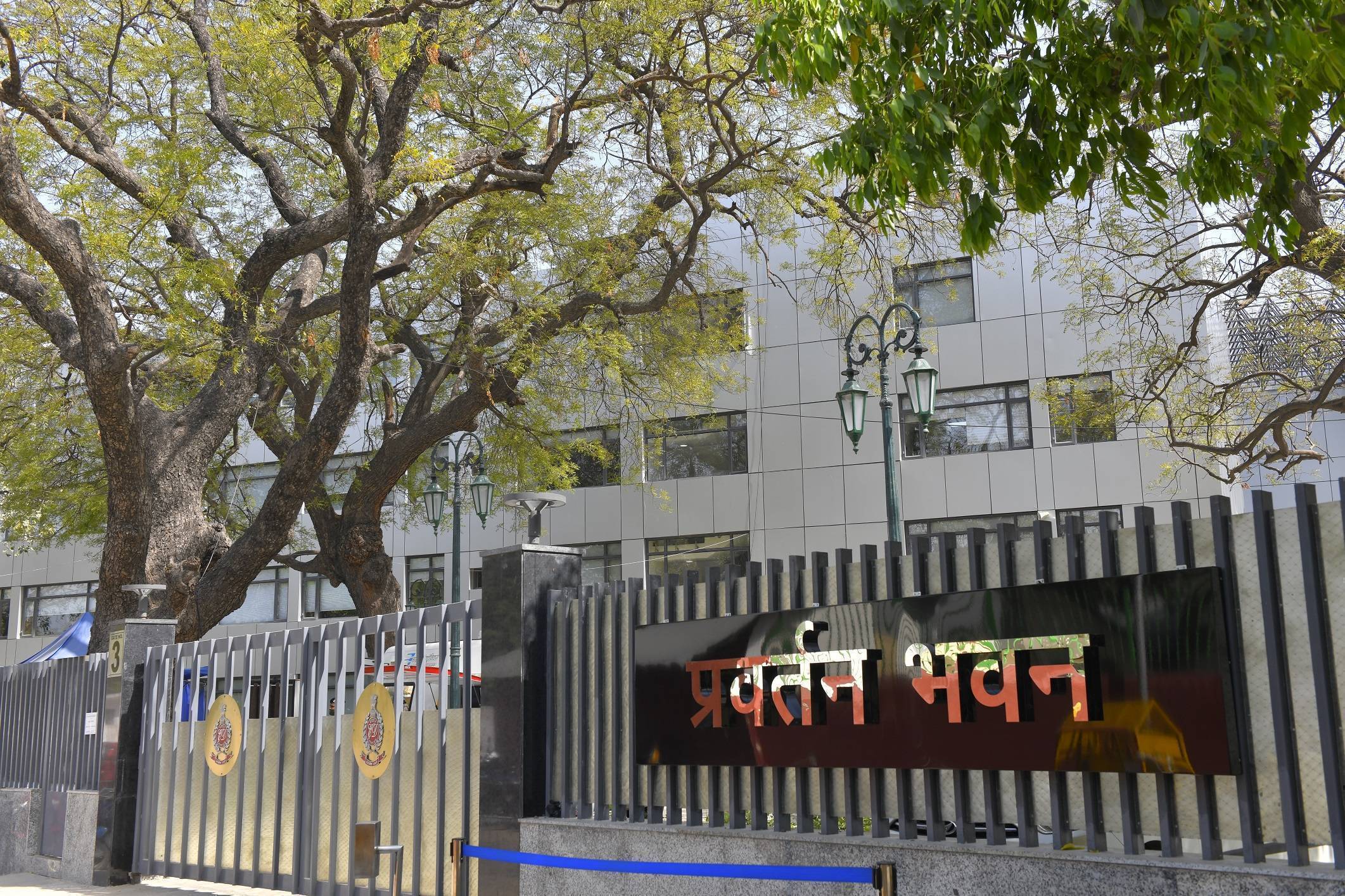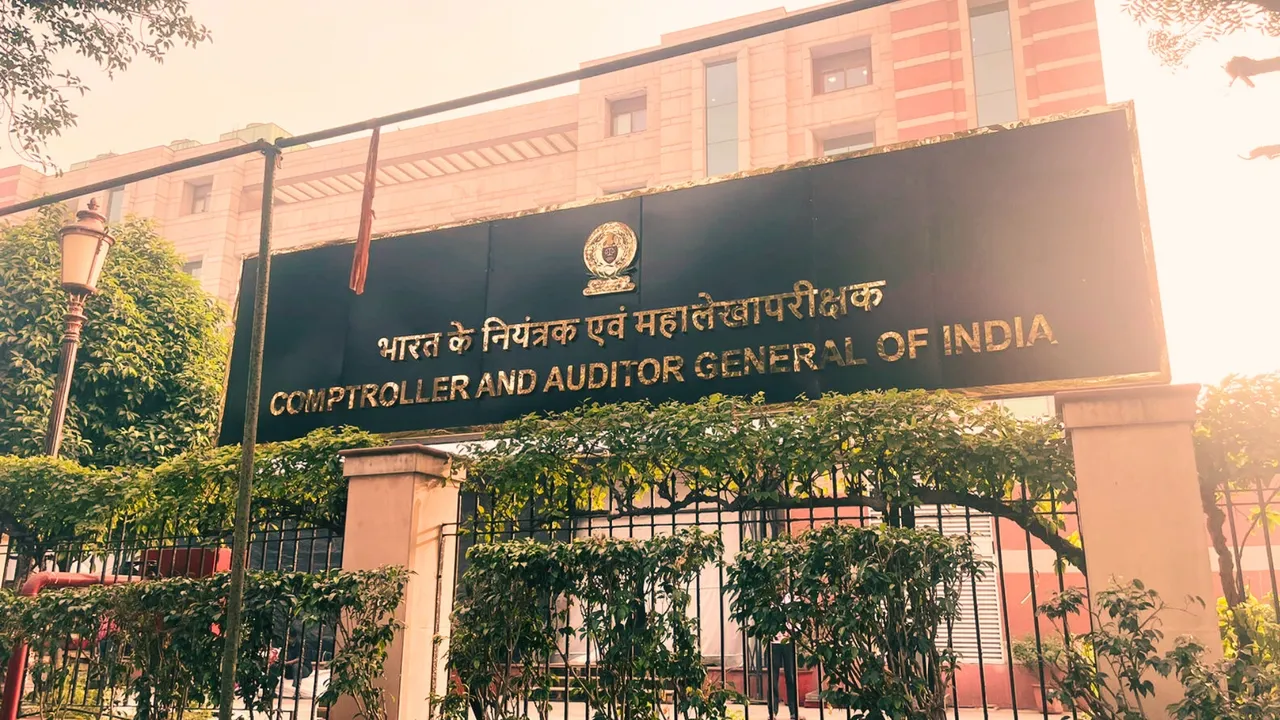The Delhi High Court has ruled in favour of a Non-Resident Indian (NRI) in a dispute with the Income Tax Department over a property transaction and associated Tax Deducted at Source (TDS) errors. The court quashed penalty proceedings and directed correction of TDS credit records, bringing relief to the petitioner who sold a residential property in 2015.
The case involved a US-based NRI who sold a residential property located in Maharashtra, originally purchased in 1998. The property was sold in 2015 for ₹2 crore. As per the sale agreement, the buyers withheld 20 percent of the transaction value, amounting to ₹18,68,177, as TDS. The remaining ₹1.81 crore was transferred to the seller’s Indian bank account, which was opened specifically for the purpose of repatriating funds to the United States.
The buyers duly deposited the deducted TDS amount with the government. However, they submitted the deduction through Form 26QB, which is meant for transactions involving resident sellers. In the case of NRIs, Form 27Q is required to be used for TDS filings. Due to this procedural lapse, the credit of TDS was not reflected in the seller’s account, triggering further scrutiny from the Income Tax Department.
The Assessing Officer (AO) initiated proceedings under Section 148A of the Income Tax Act, stating that the petitioner’s income had escaped assessment since no Income Tax Return (ITR) had been filed for the financial year in question. The petitioner responded by submitting documents that demonstrated payment of advance tax of ₹1,91,780 on the capital gains earned from the sale.
Despite this submission, the AO passed an order under Section 148A(d), finding grounds for reopening the assessment under Section 148, which deals with cases where income is believed to have escaped assessment. In addition, penalty proceedings under Section 270A were also initiated for alleged under-reporting of income.
The petitioner maintained that the entire tax liability had been discharged but due to the buyers’ use of an incorrect TDS form and failure to issue Form 16A (the certificate of TDS), credit was not correctly reflected. The confusion, therefore, arose not due to any tax evasion or omission on the part of the petitioner but due to technical non-compliance by the buyer.
The court took note of the fact that Section 270A of the Income Tax Act, under which penalties were being sought, came into effect on April 1, 2017. Since the property transaction and corresponding financial year were for FY 2015–16 (AY 2016–17), the court ruled that the penalty provision could not be retrospectively applied. In its order dated March 12, 2025, the court dropped the penalty proceedings under Section 270A.
Furthermore, the court instructed the tax department to take corrective action. It directed the authorities to recognise the TDS amount deposited by the buyers and ensure it is reflected in the NRI seller’s account, despite the use of Form 26QB instead of Form 27Q. The court also directed the Revenue Department to assess if any tax refund is due to the petitioner and to process it as per law.
The court’s decision highlights the procedural complexities involved in property transactions by NRIs and the potential consequences of technical errors made by buyers. In this case, although taxes were deducted and paid correctly, the buyer’s failure to comply with form-specific requirements led to a prolonged dispute, ultimately requiring judicial intervention.
This case also underlines the importance of accurate TDS documentation and the risks arising from incorrect filing, especially in cross-border transactions. While the petitioner had paid applicable taxes and complied with requirements from his end, the incorrect form filing by the buyer had delayed proper tax credit and led to litigation.
The outcome provides clarity on the applicability of penalty provisions for earlier assessment years and sets a precedent in similar cases involving TDS credit mismatches due to incorrect form usage. It also serves as a reminder for property buyers dealing with NRIs to ensure compliance with the appropriate TDS mechanisms under Indian tax law.
Image source- livelaw.in









.png)